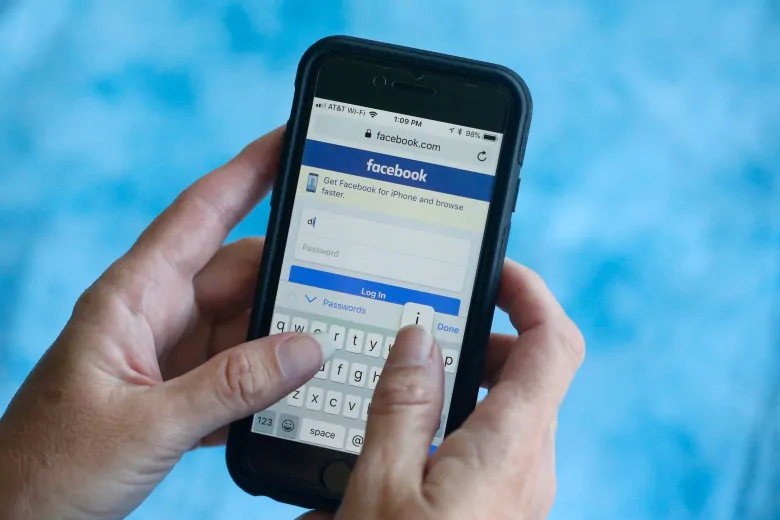Disinformation about the coronavirus crisis not only generates fear and panic, but it also hinders the work of public health officials who are trying to slow the pandemic. Here are some tips you can use to avoid passing on inaccurate information.
Public health authorities worldwide have asked people to change their habits in order to slow the progression of the COVID-19 pandemic. They implore citizens to wash their hands more frequently, to avoid large gatherings and to put themselves in voluntary quarantine if they feel flu-like symptoms.
But as health authorities attempt to calm the public, coronavirus mis- and disinformation is spreading through social media.
Disinformation about the coronavirus not only generates fear and panic, but it can make outbreaks worse by encouraging people to follow bad advice, according to a study by U.K. researchers.
As the crisis unfolds and expands, Décrypteurs, Radio-Canada’s social media fact-checking team, has been monitoring the unprecedented spread of disinformation and fake news.
Here are a few tips you can follow to avoid infecting your friends’ feeds with disinformation.
Only share trustworthy sources you know well

Social media connects the world together. It also exposes us to sources of information from around the world. In normal times, it’s already difficult to tell trustworthy sources from untrustworthy ones. In times of crisis, it’s even h

